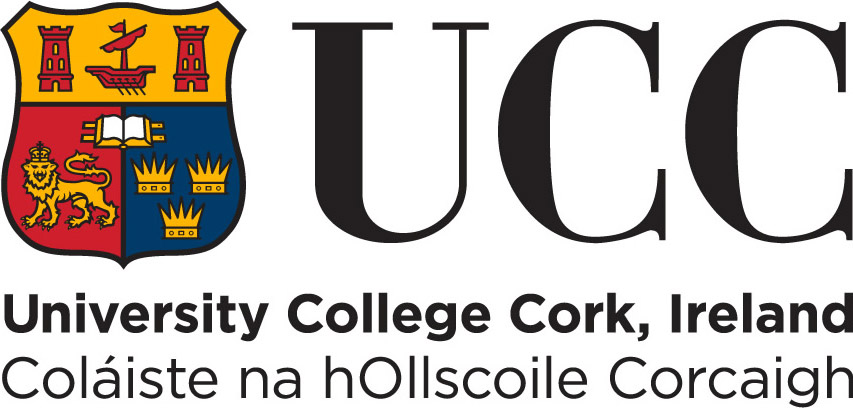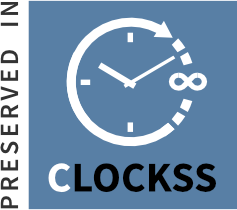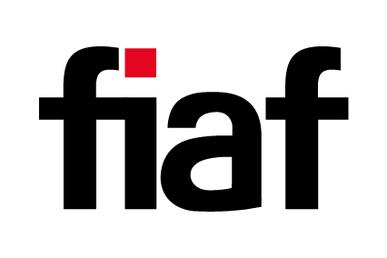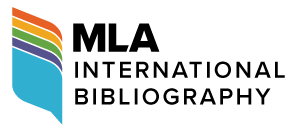Creative and Emotional Labour: Programming Human Rights Film Festivals as Practice-led Ethnography
Alexandra-Maria Colta
Abstract: Film festival curation and programming remain highly individualistic practices, that negotiate several discourses/tensions, including the responsibility of the curator to others (artists and audiences) and the creative independence of the curator. Much remains to be written about the creative process of curation, and how aesthetic judgements are articulated by those who practice it. While progress in this direction has been made in relation to some festivals (LGBT, African), human rights film festivals have only recently started to be part of academic scholarship, which tended to focus on the main functions and spectatorship roles that they encourage (Tascón; Tascón and Wils; Davies). This article focuses on the creative process of programming human rights film festivals using the case study of Document Human Rights Film Festival in Glasgow. Part of a practice-led collaborative research project between the Universities of Glasgow, St Andrews and the festival, this article is based on my reflections and experience as a co-opted member of the programming team for the 2016 and 2017 editions. Drawing on practice-led ethnography, I argue that this festival adopted a form of ethical programming, sharing authorship and responsibility towards the audience, the filmmakers and the profession, as well as a form of emotional labour.









